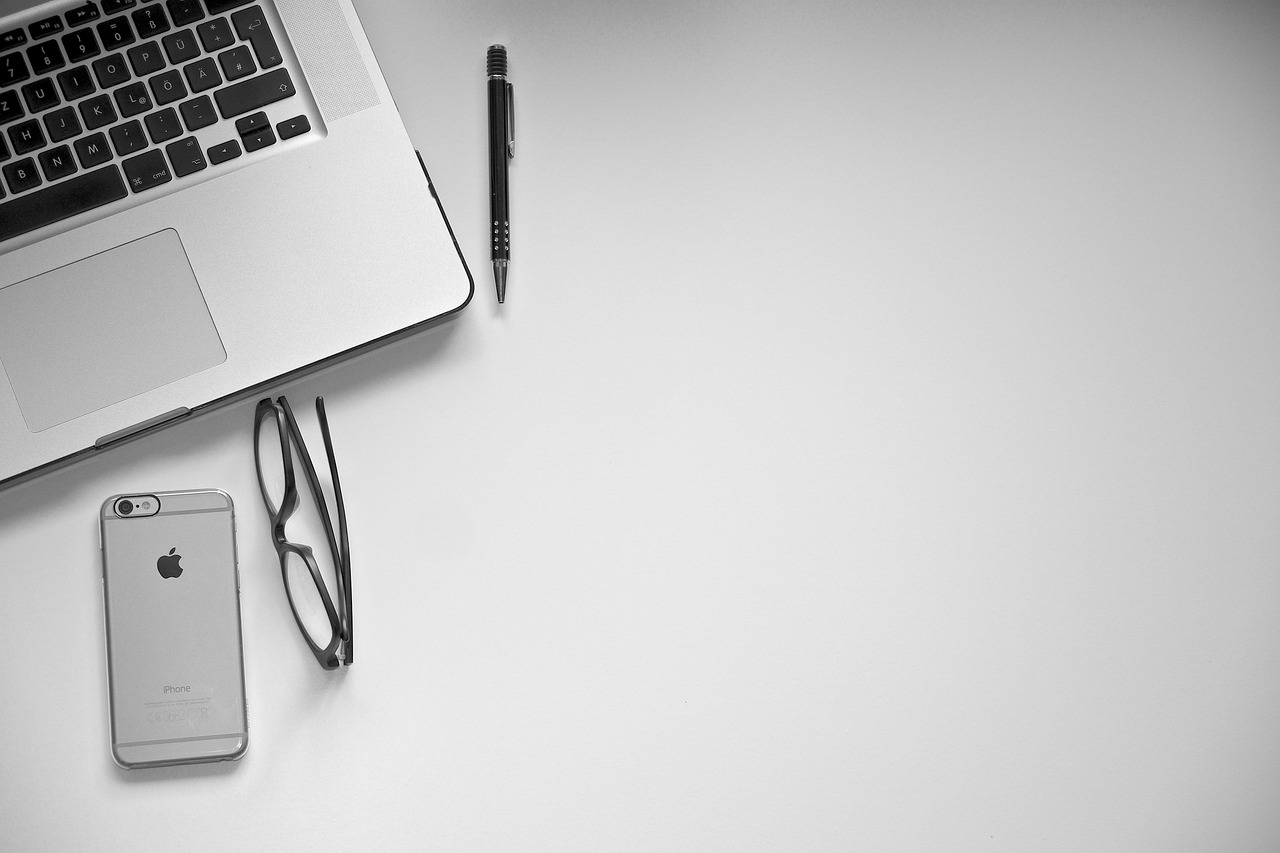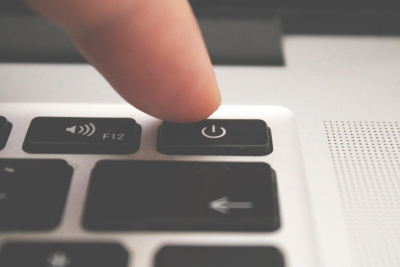Apple and AI: iPhone 16 leads the way
The iPhone 16 stands as Apple’s first smartphone explicitly designed with AI at its core. CEO Tim Cook introduced the device during a product launch at Apple’s Cupertino, California headquarters, emphasizing that this marks the beginning of a new era for Apple products. As AI becomes a central feature in consumer electronics, the iPhone 16 is designed to incorporate this technology into everyday use, ranging from enhanced Siri interactions to AI-generated personalized emojis.
Apple’s pivot toward AI technology began gaining traction during its developer conference a few months earlier, laying the foundation for the anticipation surrounding the iPhone 16. Analysts like Dan Ives of Wedbush Securities suggest that this move could position Apple as the "gatekeeper of the consumer AI revolution," setting the company up for success in a rapidly changing tech landscape. The iPhone 16 is set to be a driving force in this shift, with its new A18 chip and a customizable button aimed at optimizing camera controls and other functions.
The AI features in the iPhone 16 are part of a broader strategy to reinvigorate consumer interest after several years of incremental upgrades. While previous iPhone releases have faced criticism for offering minimal changes between models, the iPhone 16 brings new functionality that may encourage consumers to upgrade. Starting at $1,129 CAD for the base model and $1,279 CAD for the iPhone 16 Plus, this device is positioned as a premium product with high expectations.
AI and photography: iPhone 16 Pro and Pro Max
Apple also revealed two additional models in the iPhone 16 line: the iPhone 16 Pro and iPhone 16 Pro Max. These premium models feature the A18 Pro chip, which provides more AI capabilities, particularly for photography enthusiasts. With AI-powered suggestions for setting up photo shoots, these models aim to offer more dynamic and creative ways to capture images. The Pro models are priced higher, with the iPhone 16 Pro starting at $1,449 CAD and the 16 Pro Max starting at $1,749 CAD.
The integration of AI in the iPhone 16 series reflects a broader trend in the industry, where companies are leveraging AI to enhance user experience and provide smarter, more intuitive technology. The new iPhones aim to appeal not only to tech enthusiasts but also to those looking for more user-friendly ways to manage their digital lives.
AirPods with hearing aid capabilities: a step toward accessibility
One of the most notable announcements from Apple was the transformation of AirPods Pro 2 into hearing aids. The new AirPods, powered by Apple’s custom H2 chip, offer more than just improved audio quality. They now come with the ability to act as over-the-counter hearing aids, helping individuals with mild to moderate hearing loss better engage with their environment.
This feature, however, comes with a word of caution from hearing experts. Audiologist Lorienne Jenstad, an associate professor at the University of British Columbia’s School of Audiology and Speech Sciences, noted that while this innovation is welcome, it is not a replacement for professional care. According to Jenstad, hearing loss can vary significantly in type and severity, and the AirPods feature may not address specific conditions that require medical attention. For example, conductive hearing loss caused by earwax buildup cannot be remedied by the AirPods' software.
Despite these limitations, Apple’s hearing health features, including an upcoming hearing test that will assess hearing loss in each ear, mark an important step toward making health technology more accessible. The test involves users tapping their devices in response to a series of tones, with results stored in the Apple Health app. These results will then be used to personalize the sound settings on the AirPods Pro 2, enabling real-time adjustments to boost conversation clarity and environmental sounds.
Jenstad emphasizes that while this innovation is promising, it does not eliminate the need for professional consultation. Hearing aids typically come with a range of services provided by audiologists, which are not factored into the price of devices like AirPods. Nonetheless, at $249 USD for the AirPods Pro 2, this feature offers a more affordable option compared to traditional hearing aids, which often cost thousands of dollars.
Impact of the hearing aid market
The introduction of hearing aid capabilities in AirPods could shake up the hearing aid industry, particularly in the U.S., where over-the-counter hearing aids were approved for sale in 2022. However, the situation differs in Canada, where hearing aids still require a prescription. Apple’s hearing health features are set to be rolled out in 100 countries later this year, but it remains uncertain whether Canada will be included in this list.
Apple’s focus on accessibility and health is evident not only in the AirPods but also in its new Apple Watch Series 10. This updated model, with a starting price of $549 CAD, offers an even larger screen and thinner design compared to its predecessors. Additionally, the Watch has been enhanced to assist in detecting long-term health conditions, such as sleep apnea, and to respond to emergencies like falls. For more extreme conditions, Apple has also introduced the Watch Ultra 2, a more rugged model designed for outdoor enthusiasts, starting at $1,099 CAD.
Conclusion: Apple sets a new course in tech innovation
With the unveiling of the iPhone 16 and the new hearing aid features in AirPods, Apple is pushing the boundaries of what smartphones and audio devices can achieve. The focus on artificial intelligence in the iPhone 16 and the inclusion of advanced health features in both the AirPods and Apple Watch indicate Apple’s broader vision for the future of consumer electronics.
While the iPhone 16 promises to usher in a new era of AI-driven smartphones, the hearing aid capabilities of the AirPods could disrupt the hearing health industry, offering more accessible solutions for millions of people with hearing loss. However, as experts like Lorienne Jenstad caution, technology is not a substitute for professional care, and these innovations should be seen as complementary to, rather than replacements for, traditional medical approaches.
source: CBC


 Starting this week, the Canada Border Services Agency (CBSA) has begun sharing selected vehicle export information with trusted partners. This
Starting this week, the Canada Border Services Agency (CBSA) has begun sharing selected vehicle export information with trusted partners. This Visual content is essential for capturing audience attention and conveying your brand message effectively.
Visual content is essential for capturing audience attention and conveying your brand message effectively.
 n the arena of digital advertising and sales, a powerful email series can be the key to nurturing leads, final
n the arena of digital advertising and sales, a powerful email series can be the key to nurturing leads, final

